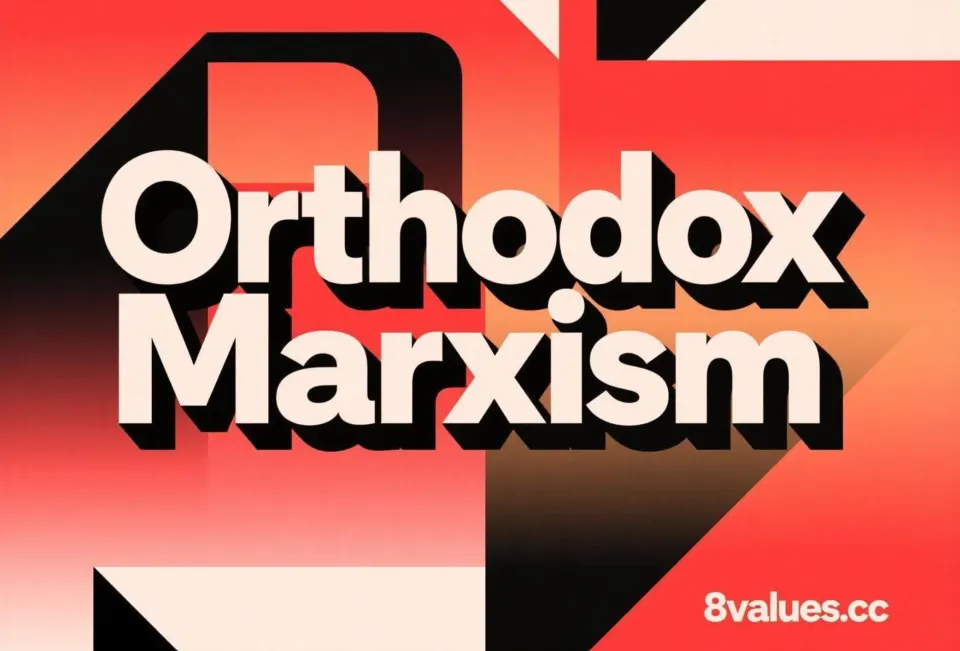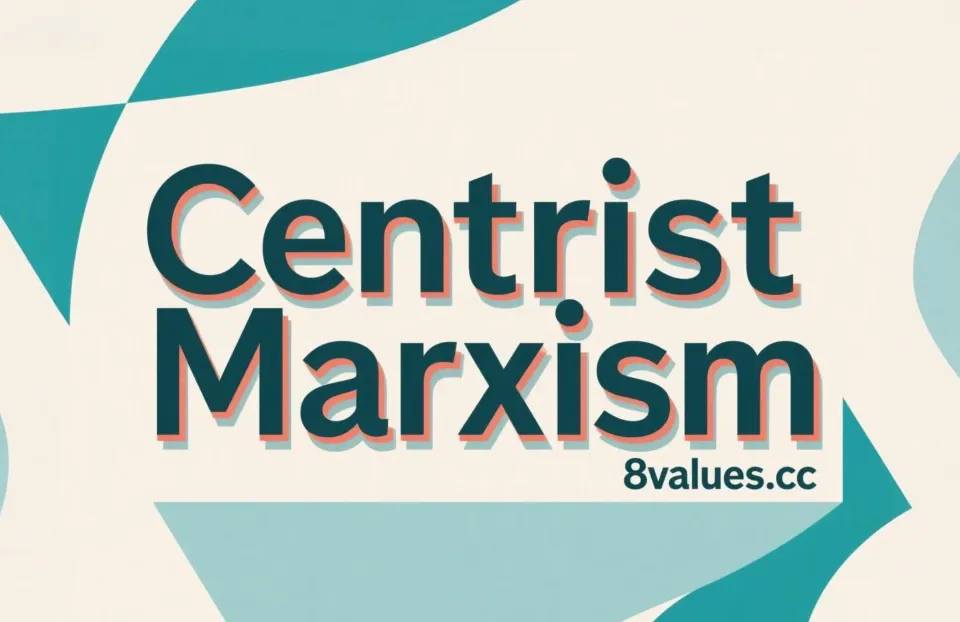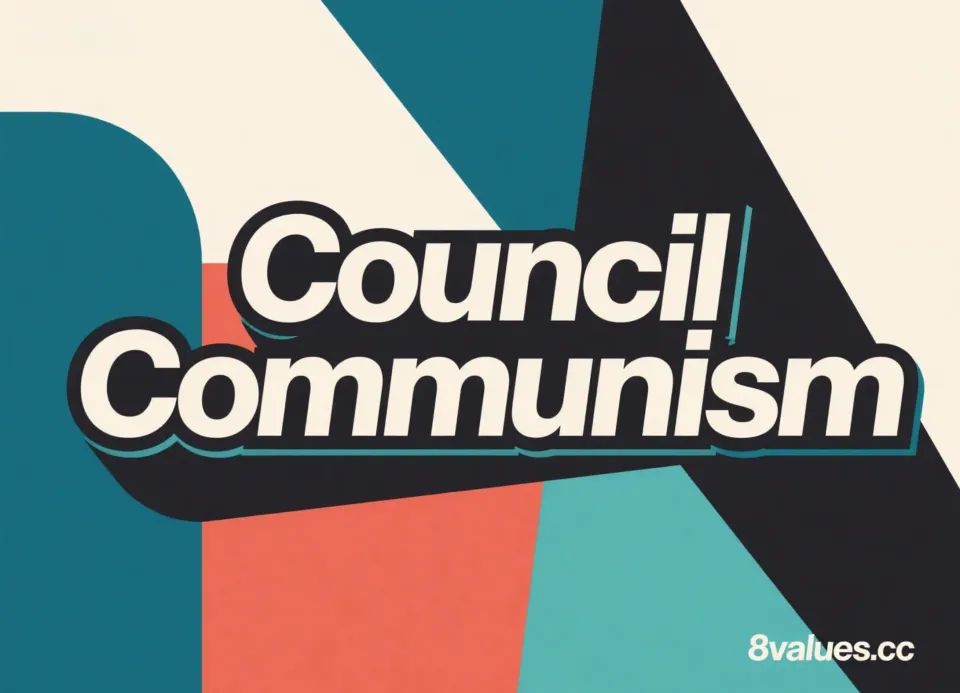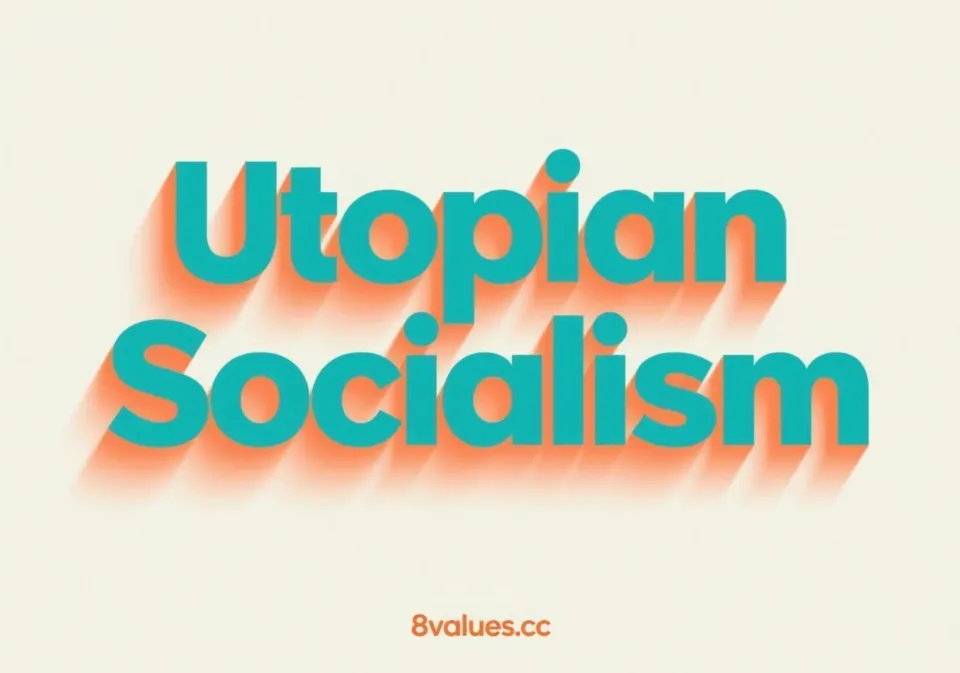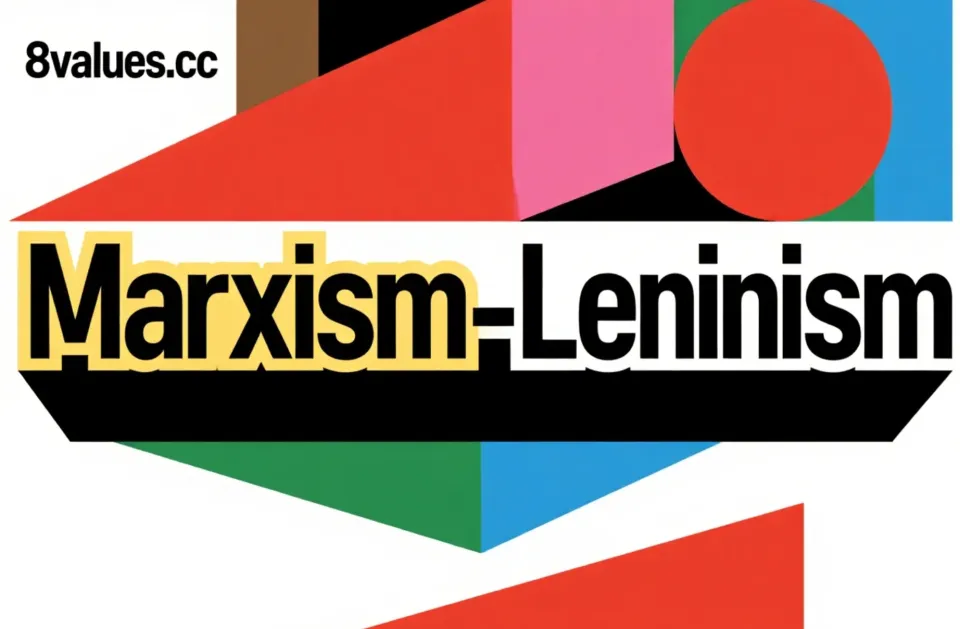
Marxismo-leninismo: una interpretación profunda de una ideología política central
Este artículo presenta en detalle el sistema ideológico y teórico, el proceso de formación, el contenido central y la aplicación y el desarrollo del marxismo-leninismo, para ayudar a los lectores a comprender mejor esta ideología rectora que tiene un profundo impacto en el panorama político global. Para comprender varias ideologías, pruebe la prueba de tendencia de valores políticos de 8 valores.
